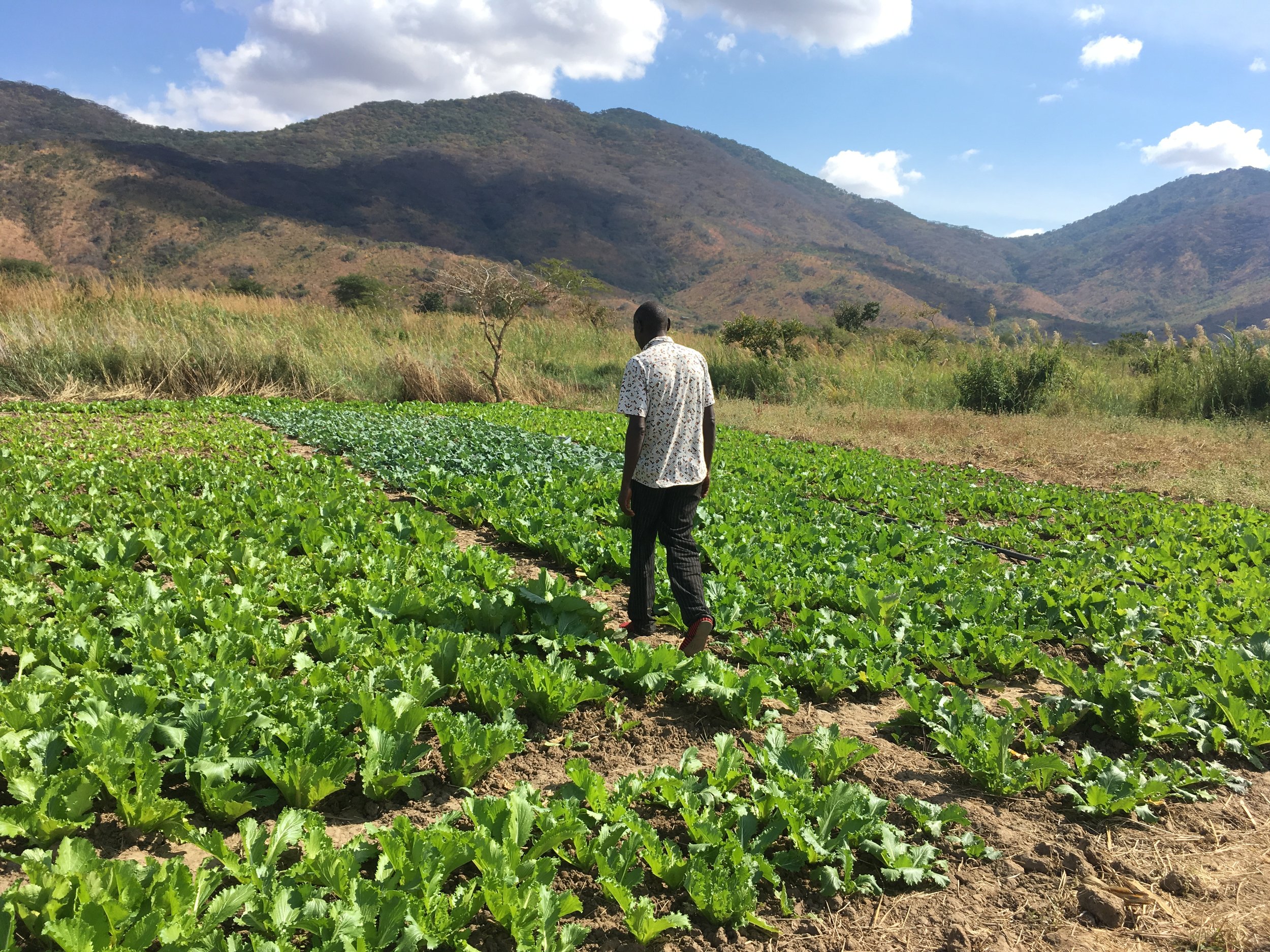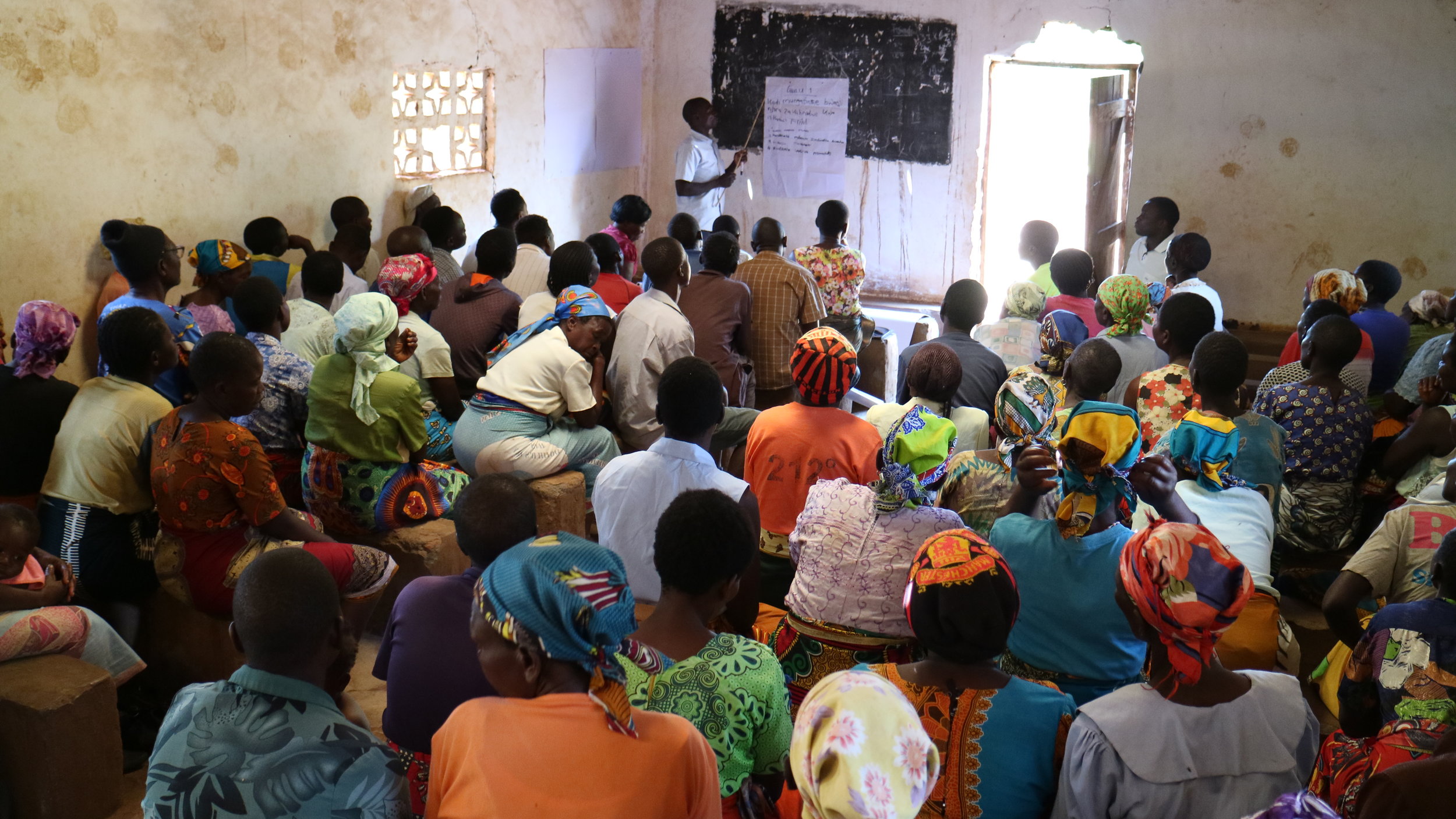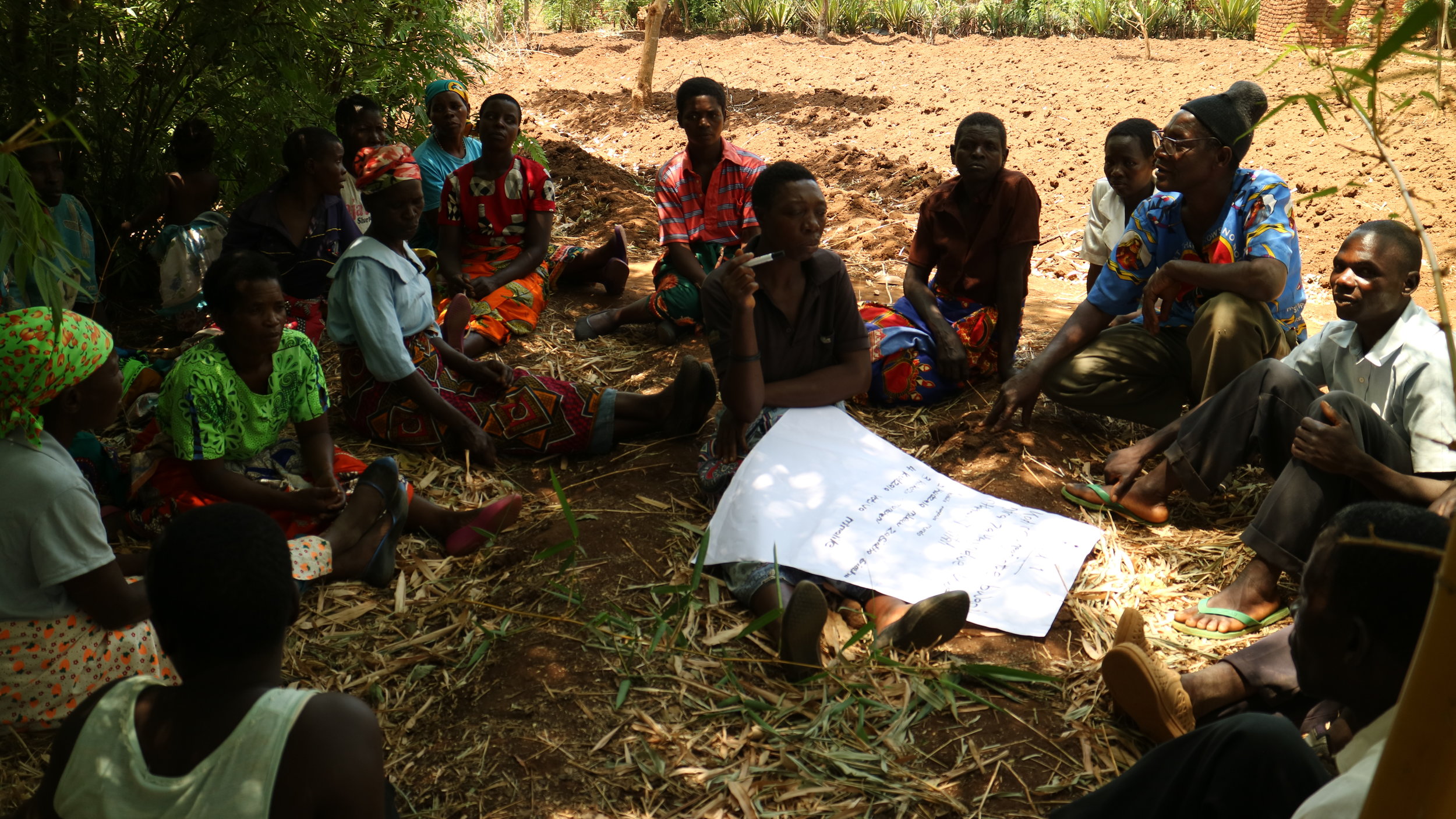Building Sustainable and Equitable Food Systems using Participatory Communication and Agroecology in Malawi
LOCATION
Dedza and Mzimba Districts, Malawi
OVERVIEW
10 villages (8 implementation 2 control), 450 families participating in seed distribution program
PARTNERS
Daniel and Nina Carasso Foundation
University of Western Ontario
Continuing to build on research and community development efforts started during the MAFFA project, SFHC has partnered with Cornell University and the University of Western Ontario in a 3.5 year project funded primarily by the Daniel and Nina Carasso Foundation. The project aims to increase understanding of how agroecological, participatory methods foster sustainable production, equity and dietary diversity in rural households in Malawi.
The project uses participatory methods to pursue the following research objectives:
Topic 1 – Examine how increased agrobiodiversity affects dietary diversity and food consumption patterns
Topic 2 – Evaluate the impacts of participatory communication methods on production methods, diets and livelihoods.
Topic 3 – Identify key social factors that enhance or prevent use of sustainable diets and production methods.
Topic 4 – Explore the potential of farmer cooperatives that use agroecological methods and promote social equity to build diverse local economies.
Seed Distribution was done in both sites in October 2016
Dedza area :
Ground nuts : 120 farmers each received 3kg (360kg total distributed)
Soya beans : 89 farmers each received 5kg (445kg total distributed)
Pigeon pea : 209 farmers (all who received ground nuts or soya bean) each received 1kg (209kg total distributed)
Common beans – all 237 farmers each received 3kg of beans (711kg total distributed)
Mzimba area :
Ground nuts : 123 farmers each received 3kg (366 kg total distributed)
Soya beans : 115 farmers each received 5kg (575kg total distributed)
Pigeon pea : 238 farmers (all who received ground nuts or soya bean) each received 1 kg (238kg total distributed)
Common beans : 228 farmers each received 3kg (684kg total distributed)
Training
Training was done for all participants in both sites on planting patters (e.g. intercropping) in October 2016
Baseline Survey was completed in both sites in February/March 2016
Planned activities :
Qualitative interviews and focus groups in each site – April/May 2017
Training using participatory communication methods – April/May 2017 (during same time as qualitative interviews and focus groups, sites will alternate activities)
Seed repayment : will happen in both sites as crops are harvested, starting in April 2017, with common beans, and ending in August 2017, with pigeon peas
Yield assessment data collection will be done between April and August 2017, before crops are harvested


